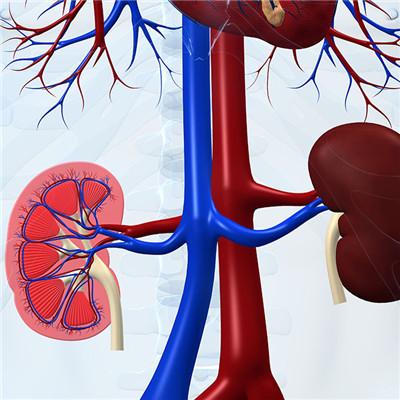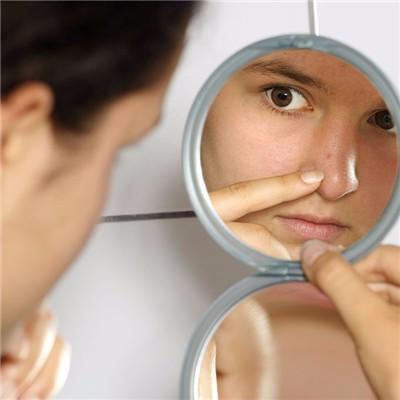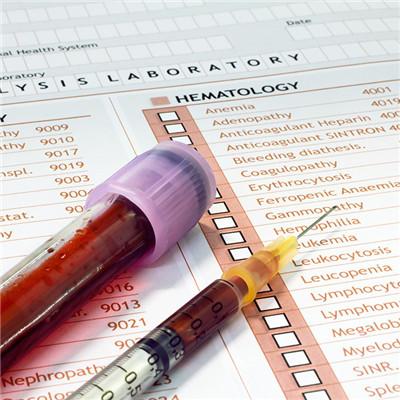What symptom does nasopharyngeal carcinoma radiotherapy have
summary
Uncle recently found some pain in his nose and didn't know what was going on. He didn't care about it at first. As a result, he found that this phenomenon became more and more serious after a period of time. He went to the hospital for examination and was found to be nasopharyngeal carcinoma. Now let me talk about the symptoms of nasopharyngeal carcinoma radiotherapy.
What symptom does nasopharyngeal carcinoma radiotherapy have
First: mucous membrane reaction: the mucous membrane in oropharynx, nasopharynx, nasal cavity and paranasal sinuses may appear mucous membrane edema or hyperemia after radiation of 40gy, with increased exudation. In severe cases, it may cause punctate or flaky white membrane. In the course of irradiation, there are often throat pain, eating difficulties, nasal congestion and other symptoms.
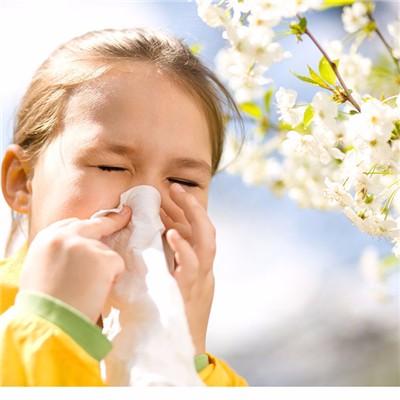
Second: salivary gland radiation reaction: salivary secretion significantly reduced, patients with dry mouth, into dry food difficult. Difficulty in opening mouth: irradiation of masticatory muscles and temporomandibular joint can cause different degrees of difficulty in opening mouth. Radiation caries and radiation mandibular necrosis, radiation brain and spinal cord injury, fatigue, dizziness, hypogastric appetite, nausea and vomiting, tasteless in the mouth, bad taste, insomnia or sleepiness, etc. Individual patients may have hemogram changes, especially leukopenia.
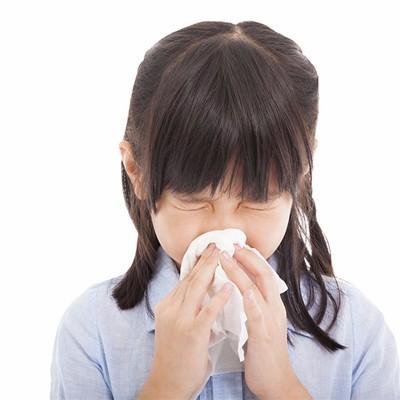
Third: radiation reaction of skin and subcutaneous tissue: generally, erythema, pigmentation, hair shedding and dry peeling appear on the skin in the irradiation area. If the irradiation speed is fast and the skin is edematous, it can continue to irradiate, forming blisters, fusing into large areas of wet peeling, and infiltrating and eroding into wet dermatitis. Gargle and lubricating anti-inflammatory agent can be used locally.
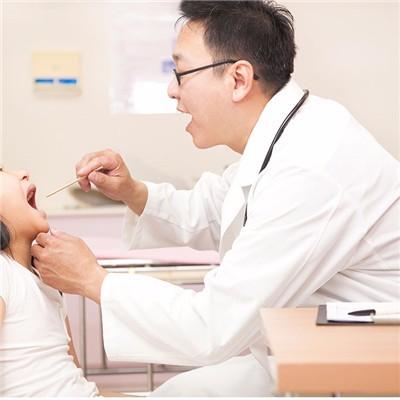
matters needing attention
Nasopharyngeal carcinoma patients should pay attention to, in order to let their disease be effectively controlled, although the effect of radiotherapy is very significant, but there will still be some side effects, so it is suggested that radiotherapy can be combined with traditional Chinese medicine to regulate, so as to effectively treat nasopharyngeal carcinoma.








